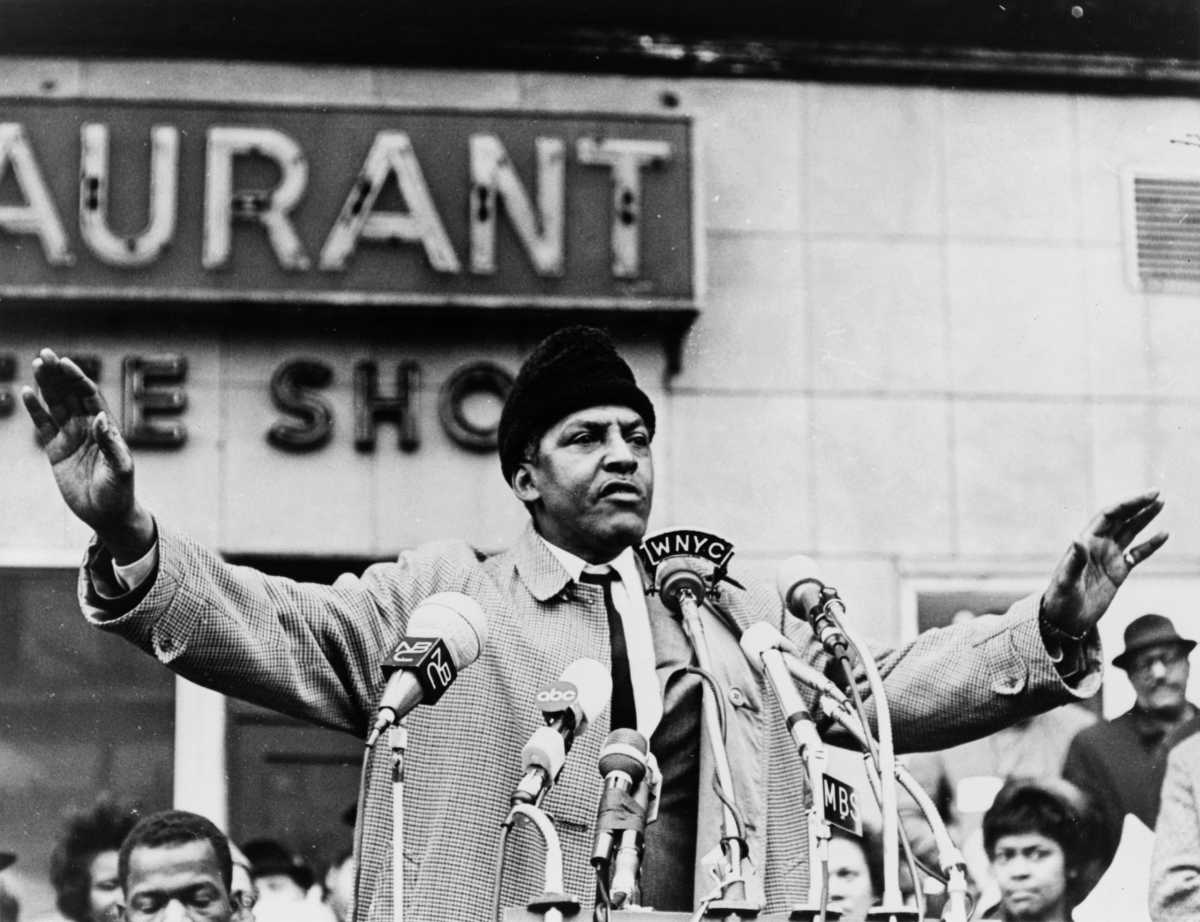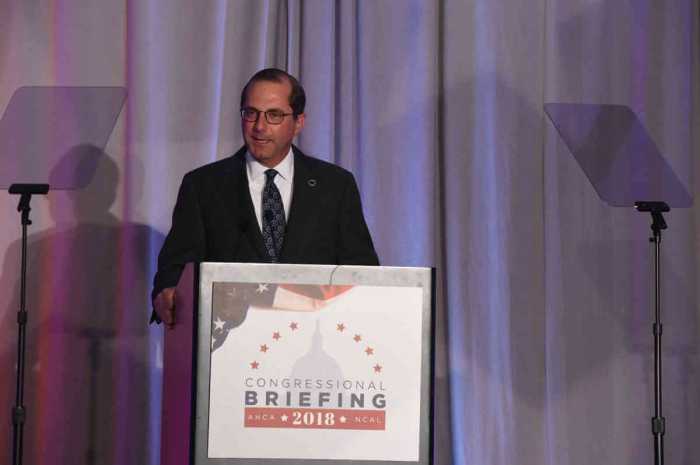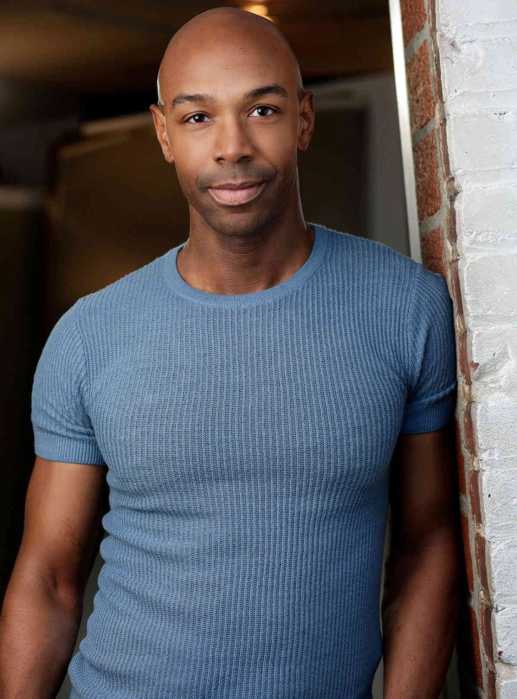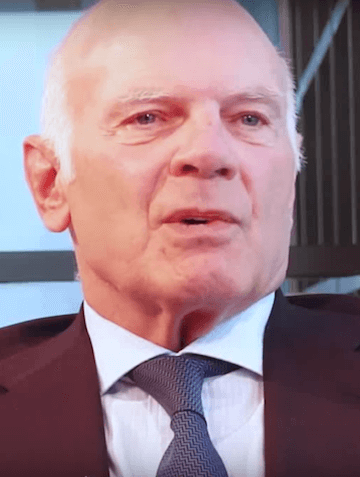The late gay civil rights icon Bayard Rustin, a New York native who went on to become an advisor to Martin Luther King, Jr., was posthumously pardoned on February 5 for his 1953 sodomy-related conviction in California.
Democratic Governor Gavin Newsom of California announced he pardoned Rustin — a lead organizer of the 1963 March on Washington — for a “vagrancy” misdemeanor after he was allegedly caught having sex with two men inside a car. He was subsequently arrested, sentenced to 60 days in jail, and required to register as a sex offender.
Newsom also moved forward with a clemency effort to help clear others of similar charges. The pardon followed an effort by California State Assemblymember Shirley Weber, who heads the California Legislative Black Caucus, and Senator Scott Wiener, who chairs the California Legislative LGBTQ Caucus.
“I thank those who advocated for Bayard Rustin’s pardon, and I want to encourage others in similar situations to seek a pardon to right this egregious wrong,” Newsom said in a written statement. Individuals can learn how to apply for clemency in California at gov.ca.gov/clemency.
As for Rustin, there are conflicting reports about the charge for which he was convicted. Author Michael Flamm wrote in his 2016 book “In the Heat of the Summer: The New York Riots of 1964 and the War on Crime” that Rustin was originally charged with lewd vagrancy, but instead pleaded guilty to one charge of “sex perversion,” which under California law referred to sodomy.
Regardless, the conviction will now be wiped from the books more than three decades after his death in 1987 at age 75.
“Mr. Rustin was criminalized because of stigma, bias, and ignorance,” Newsom wrote in his letter formally pardoning Rustin. “I acknowledge the inherent injustice of this conviction, an injustice that was compounded by his political opponents’ use of the record of this case to try to undermine him, his associates, and the civil rights movement.”
The conviction took a significant toll on Rustin’s life and career because it drew attention to his sexual orientation at a time when virtually no LGBTQ people were out in a public way. He was fired from his job as director of race relations for Fellowship of Reconciliation (FOR) and had to re-establish himself among his friends and wider social circle.
Still, Rustin went on to regain his footing and played a significant role in the civil rights movement, but, in audio released last year, he is heard explaining that his sexual orientation became an issue in his work alongside King.
“At a given point, there was so much pressure on Dr. King about my being gay — and particularly because I would not deny it — that he set up a committee to explore whether it would be dangerous for me to continue working with him,” Rustin recalled in the newly available audio, aired on the “Making Gay History” podcast.
Rustin notably became more vocal about his sexual orientation later in life and elaborated on his feelings about his intersectional identity as a gay and Black man.
“It occurred to me shortly after that that it was an absolute necessity for me to declare my homosexuality, because if I didn’t I was a part of the prejudice,” he said in 1987, the year he died. “I was aiding and abetting the prejudice that was a part of the effort to destroy me.”
It is widely believed that it was Rustin who encouraged King to embrace non-violent resistance —and even convinced him to stop carrying guns for his own protection. Robt Seda-Schreiber of the Princeton, New Jersey-based Bayard Rustin Center for Social Justice, which offers advocacy, education, and a safe space for LGBTQ and intersex people, told Gay City News last year that Rustin has generally failed to get enough credit for the role he played during the civil rights movement.
“Too few folks nowadays are aware that Bayard Rustin planned the March, inspired the Freedom Riders, & brought non-violence to Dr. King himself, among many other extraordinary accomplishments,” Seda-Schreiber said in an email message. “This lack of recognition is directly related to him not hiding in the shadows at a time when it was de rigueur for one’s very survival.”



































